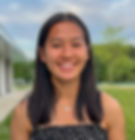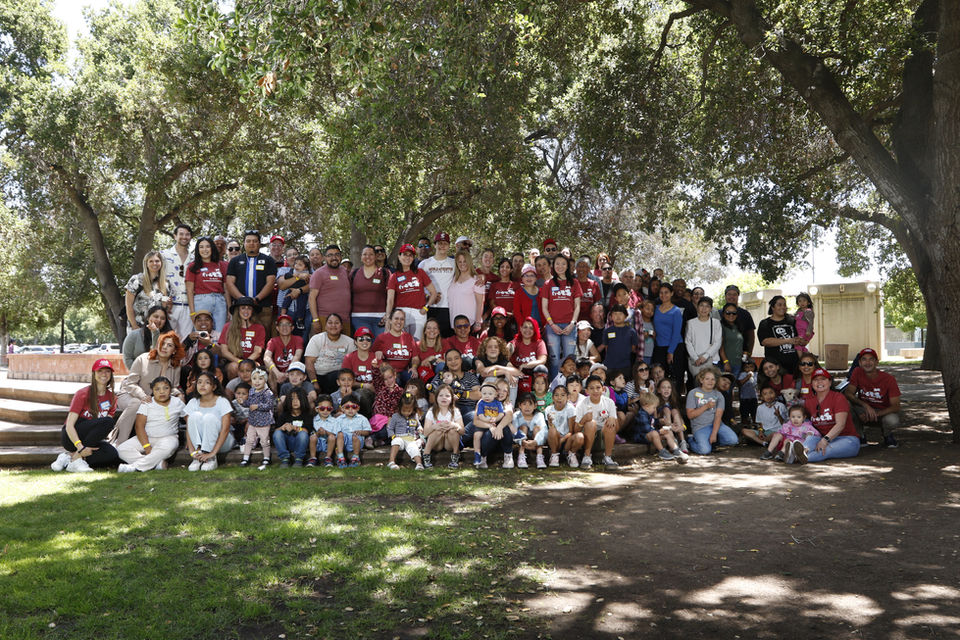Derrick Wan earned his undergraduate degree from Stanford University and his medical degree from Columbia University Vagelos College of Physicians and Surgeons. He trained in general surgery at the University of California, San Francisco followed by a plastic surgery residency at the University of California, Los Angeles. He subsequently completed a craniofacial fellowship at UCLA and a microsurgery fellowship at Chang Gung Memorial Hospital in Taiwan. His research training took place while he was a Post-Doctoral Research Fellow under Michael T. Longaker at Stanford University. During that time, he studied adipose biology and bone tissue regenerative strategies and was the recipient of the Ethicon-SUS Research Fellowship.
Dr. Wan joined the faculty of Stanford University School of Medicine’s Department of Surgery, Division of Plastic and Reconstructive Surgery in 2011. In 2022, he was named the Johnson & Johnson II Distinguished Professor in Surgery and a Professor, by courtesy, in the Department of Neurosurgery. He also serves as a Co-Director of the Hagey Laboratory for Pediatric Regenerative Medicine.
Derrick Wan’s current research focuses on stem cell and adipocyte biology, wound healing, and soft tissue fibrosis. This includes both clinical studies and basic science projects. In particular, he has an interest in radiation-related skin fibrosis and wound healing at these injured sites, as well as soft tissue regeneration following radiation therapy using decellularized matrices and novel therapeutics. In his career, he has published over 300 manuscripts in these fields.
Dr. Wan is the recipient of numerous awards including the American College of Surgeons Franklin H. Martin, MD, FACS Faculty Research Fellowship, Stanford University Maternal Child Health Research Institute Faculty Research Fellowship, and multiple grants from the National Institutes of Health and California Institute for Regenerative Medicine. He is a member of the American Association of Plastic Surgeons, Society of University Surgeons, and American Surgical Association. He presently serves as a representative on the Executive Committee of the SUS and as the Plastic Surgery Research Council Vice-Chair.
WAN, Derrick C.
WAN, Derrick C.
LONGAKER, Michael T.
Michael T. Longaker earned his undergraduate degree at Michigan State University, (where he played varsity basketball and was a member of the 1979 NCAA Men’s Basketball Championship Team) and his medical degree at Harvard Medical School. He completed his surgical residency at the University of California, San Francisco, a residency in Plastic Surgery at NYU and a craniofacial fellowship at UCLA. The majority of his research training took place while he was a Post-Doctoral Research Fellow in the Fetal Treatment Program under Dr. Michael Harrison and in the laboratory of Dr. Michael Banda in Radiobiology, both at UCSF. In December 2003, Dr. Longaker earned his M.B.A. from University of California – Berkeley and Columbia University, in the inaugural class of their combined program. He was elected into Beta Gamma Sigma at Columbia Business School, which is analogous to Phi Beta Kappa for business programs. He is a member of the American Society for Clinical Investigation, Association of American Physicians and the National Academy of Medicine.
Dr. Longaker joined the Stanford University School of Medicine on September 1, 2000, as Director of Children’s Surgical Research in the Department of Surgery, Division of Plastic and Reconstructive Surgery and the Lucile Salter Packard Children’s Hospital. In 2003, he was named the Deane P. and Louise Mitchell Professor. As Director of Children’s Surgical Research, Dr. Longaker has the responsibility to develop a children’s surgical research program in the broad areas of developmental biology, epithelial biology and tissue repair, and tissue engineering.
Dr. Longaker is the Co-Director of the Stanford Institute for Stem Cell Biology & Regenerative Medicine, as well as the Director of the Program in Regenerative Medicine, Director of Research in the Division of Plastic and Reconstructive Surgery, and has been name Professor, by Courtesy, in the Department of Bioengineering, and Professor, by Courtesy, Department of Materials Science and Engineering. Dr. Longaker is Vice Chair of the Department of Surgery.
Michael Longaker’s research experience focuses on wound repair and fibrosis. A second area of his research focuses on skeletal development and repair. His laboratory was the first to identify skeletal stem cells in both mouse and humans. Michael Longaker has published over 1400 papers.
He is the recipient of numerous prestigious awards including the Flance-Karl award and the Medallion for Scientific Achievement from the American Surgical Association, the Lifetime Achievement Award from the Society for University Surgeons and had the Scientific Forum of the American College of Surgeons dedicated to him in 2015. He served as Treasurer and in 2007 served as President for the Society of University Surgeons
He is an inventor on over 100 issued or applied for patents and patent applications. Dr. Longaker has also funded several venture-backed start-up companies, including Neodyne Biosciences (www.neodynebio.com) and Arresto Biosciences, which was acquired by Gilead (NASDAQ:GILD) in January 2011. Dr. Longaker is also a founding partner of Tautona Group (www.tautonagroup.com), an early-stage life science fund that has created novel biomedical technologies that have been sold to industry leading companies, such as Allergan (NYSE:AGN), Novadaq (NASDAQ:NVDQ), and Acelity/KCI (San Antonio, TX).


Derrick Wan earned his undergraduate degree from Stanford University and his medical degree from Columbia University Vagelos College of Physicians and Surgeons. He trained in general surgery at the University of California, San Francisco followed by a plastic surgery residency at the University of California, Los Angeles. He subsequently completed a craniofacial fellowship at UCLA and a microsurgery fellowship at Chang Gung Memorial Hospital in Taiwan. His research training took place while he was a Post-Doctoral Research Fellow under Michael T. Longaker at Stanford University. During that time, he studied adipose biology and bone tissue regenerative strategies and was the recipient of the Ethicon-SUS Research Fellowship.
Dr. Wan joined the faculty of Stanford University School of Medicine’s Department of Surgery, Division of Plastic and Reconstructive Surgery in 2011. In 2022, he was named the Johnson & Johnson II Distinguished Professor in Surgery and a Professor, by courtesy, in the Department of Neurosurgery. He also serves as a Co-Director of the Hagey Laboratory for Pediatric Regenerative Medicine.
Derrick Wan’s current research focuses on stem cell and adipocyte biology, wound healing, and soft tissue fibrosis. This includes both clinical studies and basic science projects. In particular, he has an interest in radiation-related skin fibrosis and wound healing at these injured sites, as well as soft tissue regeneration following radiation therapy using decellularized matrices and novel therapeutics. In his career, he has published over 300 manuscripts in these fields.
Dr. Wan is the recipient of numerous awards including the American College of Surgeons Franklin H. Martin, MD, FACS Faculty Research Fellowship, Stanford University Maternal Child Health Research Institute Faculty Research Fellowship, and multiple grants from the National Institutes of Health and California Institute for Regenerative Medicine. He is a member of the American Association of Plastic Surgeons, Society of University Surgeons, and American Surgical Association. He presently serves as a representative on the Executive Committee of the SUS and as the Plastic Surgery Research Council Vice-Chair.
WAN, Derrick C.



IN THE NEWS

A study led by researchers at Stanford Medicine, which published Sept. 17 in Cell, shows fat playing another role. A type of abnormal adipose tissue known as “creeping fat” triggers debilitating scarring in the intestines of people with Crohn’s disease, the study found. Released 09/17/25.

A simple way to prevent the formation of post-surgical abdominal adhesions could save billions in health care costs and reduce incidents of chronic pain, infertility, and bowel obstructions. Showing success in large animals is a key step toward human clinical trials. Released 03/12/25.

Scars are a public health as well as aesthetic threat, as internal scars can compromise the function of organs and tissues. Scientists are now devising medications that promote healing without producing scars. One of the scientists on the front lines of scar treatment and research, Dr. Michael Longaker, discusses how these medicines work and their possible uses. Released 12/26/21.


With better drugs and stem-cell therapies, researchers hope to repair cartilage—or prevent damage—before osteoarthritis sets in or an operation is needed. Released 09/09/21.


The Hagey Family








© 2024 Stanford University
































